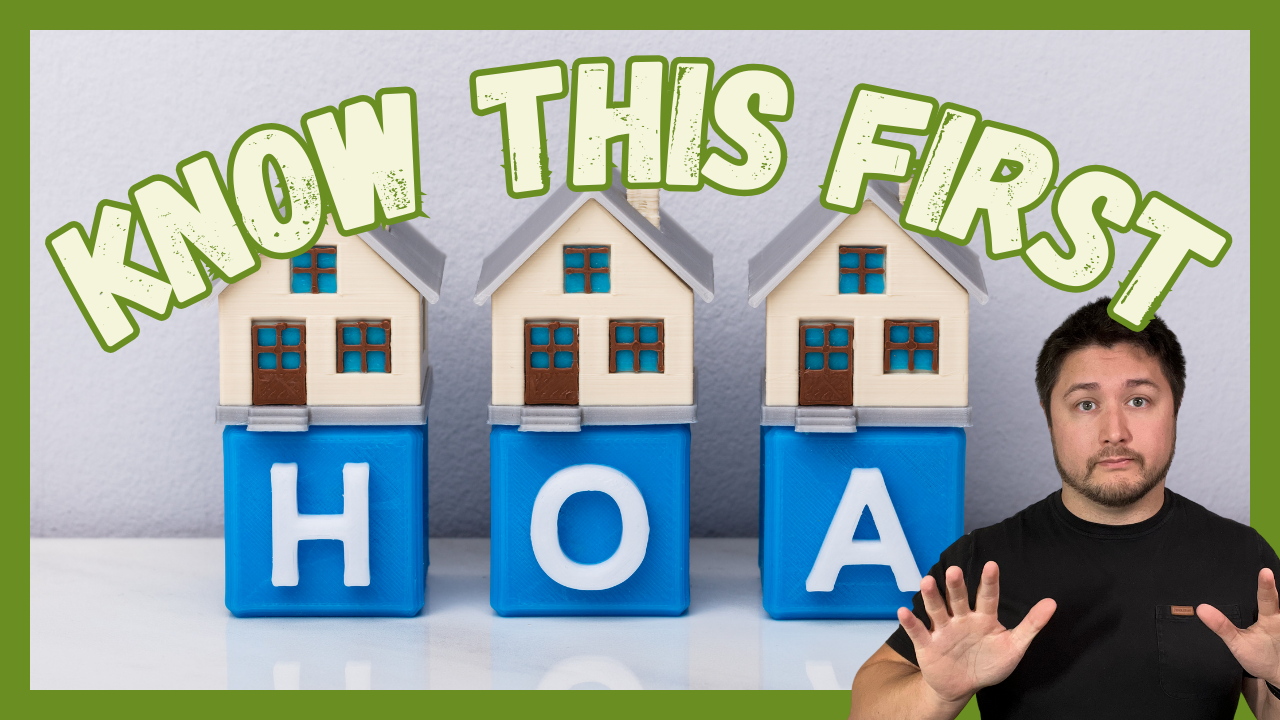What is an HOA?
An HOA, or Homeowners Association, is an organization in a subdivision, planned community, or condominium building that makes and enforces rules for the properties and residents. When you purchase a property within an HOA’s jurisdiction, you automatically become a member and are required to pay dues, commonly known as HOA fees. These fees contribute to the upkeep and maintenance of common areas and sometimes cover utilities like water, sewer, and trash.
The Benefits and Drawbacks of HOAs
Benefits:
- Reduced Risk Profile: By joining a larger group of homeowners, you’re contributing to the maintenance and exterior updates, which can reduce your individual risk.
- Community Standards: HOAs help maintain property values by enforcing community standards and ensuring properties are well-maintained.
Drawbacks:
- Cost: HOA fees can range from as low as $60 to over $500+ per month, depending on the age of the property, size of unit, and the reserve funds available for repairs and maintenance.
- Control: You may have less control over certain aspects of your property, as the HOA will have rules and regulations that you must follow.
What Do HOAs Cover?
HOAs typically cover the maintenance of common areas, which can include landscaping, pools, and recreational centers. They may also cover certain utilities, though this can vary. For example, in the Mountain Park area, there are separate HOAs for specific building complexes and an overarching HOA for the entire area, providing amenities like a pool and a rec center.
Special Assessments
Special assessments are additional fees that can arise when the HOA’s reserve funds are insufficient to cover major repairs or improvements. These assessments are usually paid on top of your regular HOA fees and can significantly impact your budget. It’s crucial to be aware of potential special assessments, especially if the property is older and may require more extensive maintenance.
HOA Transfer Fees
When purchasing a property with an HOA, be prepared for an HOA transfer fee, typically ranging from $200 to $1,000. This fee can vary widely depending on the specific HOA.
Reviewing HOA Documents
In Oregon, there isn’t a large governing body overseeing HOAs, so it’s essential to thoroughly review all HOA documents. Here are the five key documents you need to examine:
- Reserve Study: This document details the HOA’s reserve funds and planned improvements.
- Financial Reports: Ensure the HOA is financially stable and can cover future expenses without needing special assessments.
- Meeting Minutes: Understand ongoing and upcoming issues, potential rule changes, and financial health.
- Governing Documents: These include the rules and regulations, such as pet policies and property use restrictions.
- Insurance Certificate: Verify that the HOA has adequate insurance coverage.
Getting Expert Help
While reviewing these documents, consider hiring a company like CID Analytics. They offer a service similar to a home inspection but for HOAs, providing a detailed report on the HOA’s health and potential issues. This service costs around $600 and takes about five business days to complete.
Conclusion
Understanding the role and impact of an HOA is crucial when buying a home. By reviewing the necessary documents and considering both the benefits and drawbacks, you can make an informed decision that suits your needs and lifestyle.
For personalized advice, you can schedule a free strategy session here. Also, check out my Free Buyer’s Guide to help you navigate the home buying process.
Watch the full video on Understanding HOAs: What Every Homebuyer Needs to Know.


 Call Me – (503) 303-0822
Call Me – (503) 303-0822 Email Me – hello@agentlivinginpdx.com
Email Me – hello@agentlivinginpdx.com